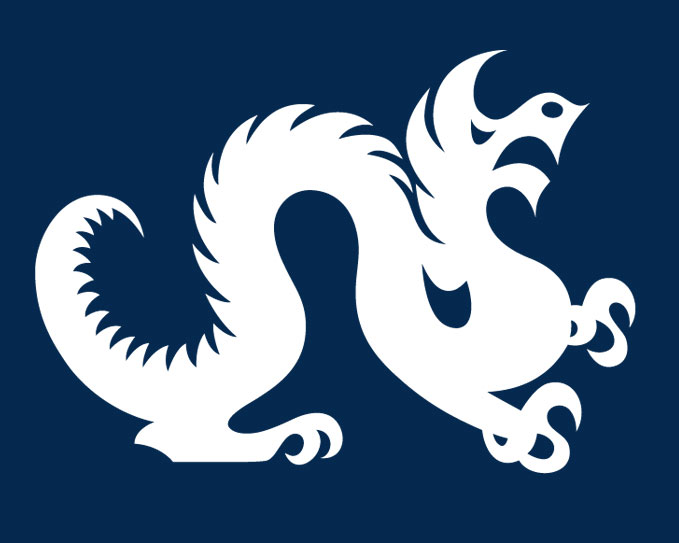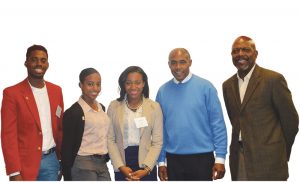Chantee Steele, BS ’13, spread her wings and soared at Drexel. She excelled academically and was active in a number of student organizations including her role as vice president of the campus chapter of the National Association of Black Accountants. She scored stellar co-op positions in national investment firms and landed a plum position as a Deloitte consultant after graduation.
As a newly minted alumna, Steele set out to stay connected to that experience, by reaching out to fellow graduates. With the support of the Drexel University Alumni Association, Steele and fellow alumni established a shared interest alumni group called the Drexel University Black Alumni Council (DUBAC). In the short time since its formation, DUBAC has already attracted some 65 active alumni members and built up a database of about 300 interested graduates.
DUBAC is just one of several special-interest alumni groups that bring together former students who may have common interests or experiences. These groups offer a way for niche groups among some 150,000 Drexel graduates around the world to reconnect with others who may have shared their experiences while at school.
“At Drexel, people don’t only have an affinity to their class year,” says Dave Lanza (MS ’12), associate director of alumni relations in the Office of Institutional Advancement. “With people going out on co-op, the person who was your freshman roommate is someone you may never see again at Drexel. But you may see the folks who are in your college or school, or people who were in a shared interest group like a fraternity or a sorority, an athletic group or a club.”
This is a different social structure from most colleges, where alumni can easily sort themselves by class year and find ready recognition among their peers. At Drexel, the co-op system complicates peer groupings, so niche alliances make connections easier.
“No matter what your identification or affinity is, people want to be a part of a community,” Lanza says. “It’s great to be a part of something.”
To be part of the formal alumni network, a shared interest group must have a formal organization: It must have by-laws, a governance structure, planned programming and the like, and must be approved by the alumni office as an official entity.
The groups provide more than just networking opportunities, although these are typically a big part of the agenda. DUBAC, for instance, holds ongoing social events and even organizes a quarterly community service event, helping to serve meals for the charitable enterprise Grace Café.
For Steele, having a special interest alumni group has allowed her to expand upon her Drexel days.
“Having this means that now I am better able to make connections with people with the same background as me, by bringing everyone together from different years, different classes, different schools,” she says. “When I graduated I only knew the African Americans who were in the business school like me. Now this gives me to chance to connect with a much broader group of people who share my same background.”




